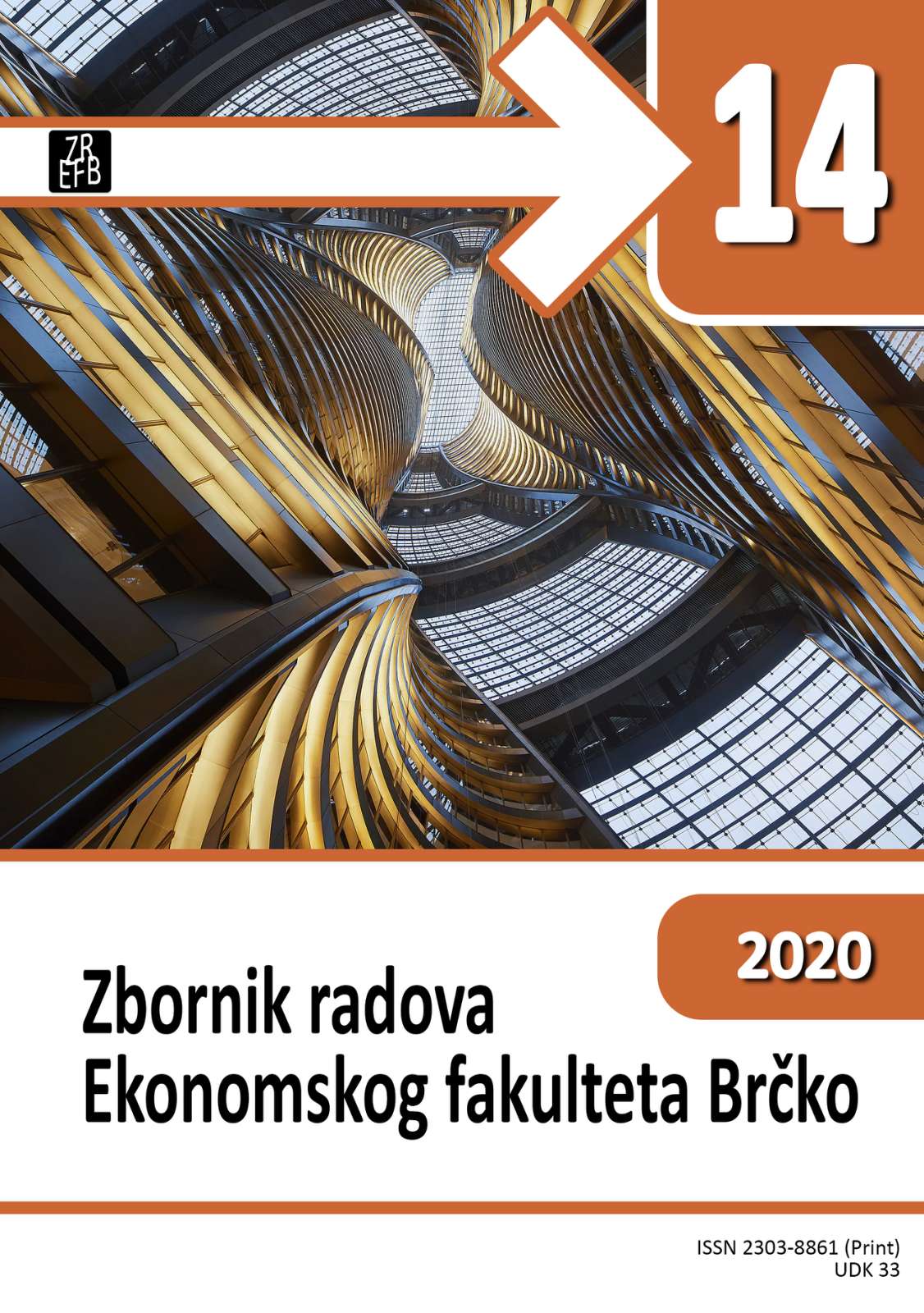THE APPLICATION OF INTERNATIONAL EDUCATION STANDARDS IN THE ACCOUNTING EDUCATION SYSTEM IN BOSNIA AND HERZEGOVINA
DOI:
https://doi.org/10.7251/ZREFB2014023PAbstract
The accounting profession is facing high standards in the context of complex business transactions, internationalization of business, application of new information technologies and frequent changes in accounting regulations. In order to respond to many challenges, the accountants must go through quality education, a sound foundation of accounting knowledge, skills and continuous training. International Accounting Standards, International Financial Reporting Standards, and International Education Standards set the benchmarks for designing an initial accountant education program and a continuing learning and professional development program for the accounting profession. The aim of this paper is to investigate and analyze the necessary conditions for obtaining a certificate and license to perform accounting operations in Bosnia and Herzegovina. The analysis of the regulatory framework, the study programs of higher education institutions and the characteristics of the education process, which are related to the acquisition of knowledge and skills for future professional accountants, shows that there are differences in formal education, continuing professional education and training for accountants. The adopted education rules in Bosnia and Herzegovina have created the preconditions for the quality development of future accountants. A high level of expertise and competence is one of the basic conditions and prerequisites for quality accounting performance. The method of analysis and comparison of study programs discovered significant differences in the process of reducing the examinations for acquiring accounting professional titles at higher education institutions in Bosnia and Herzegovina. It was concluded that it is necessary to standardize the system of formal education for professional accountants by developing, adopting and implementing international standards of education by prescribing requirements for entry into professional accounting education programs, initial professional development and continuing professional development of future accountants.

